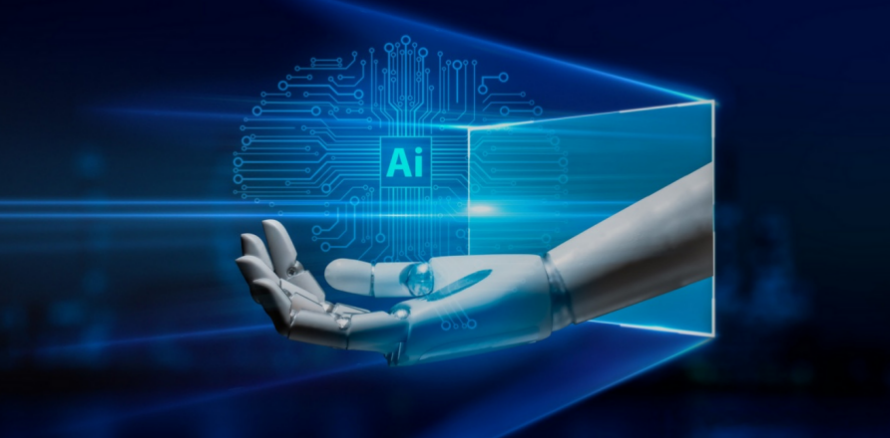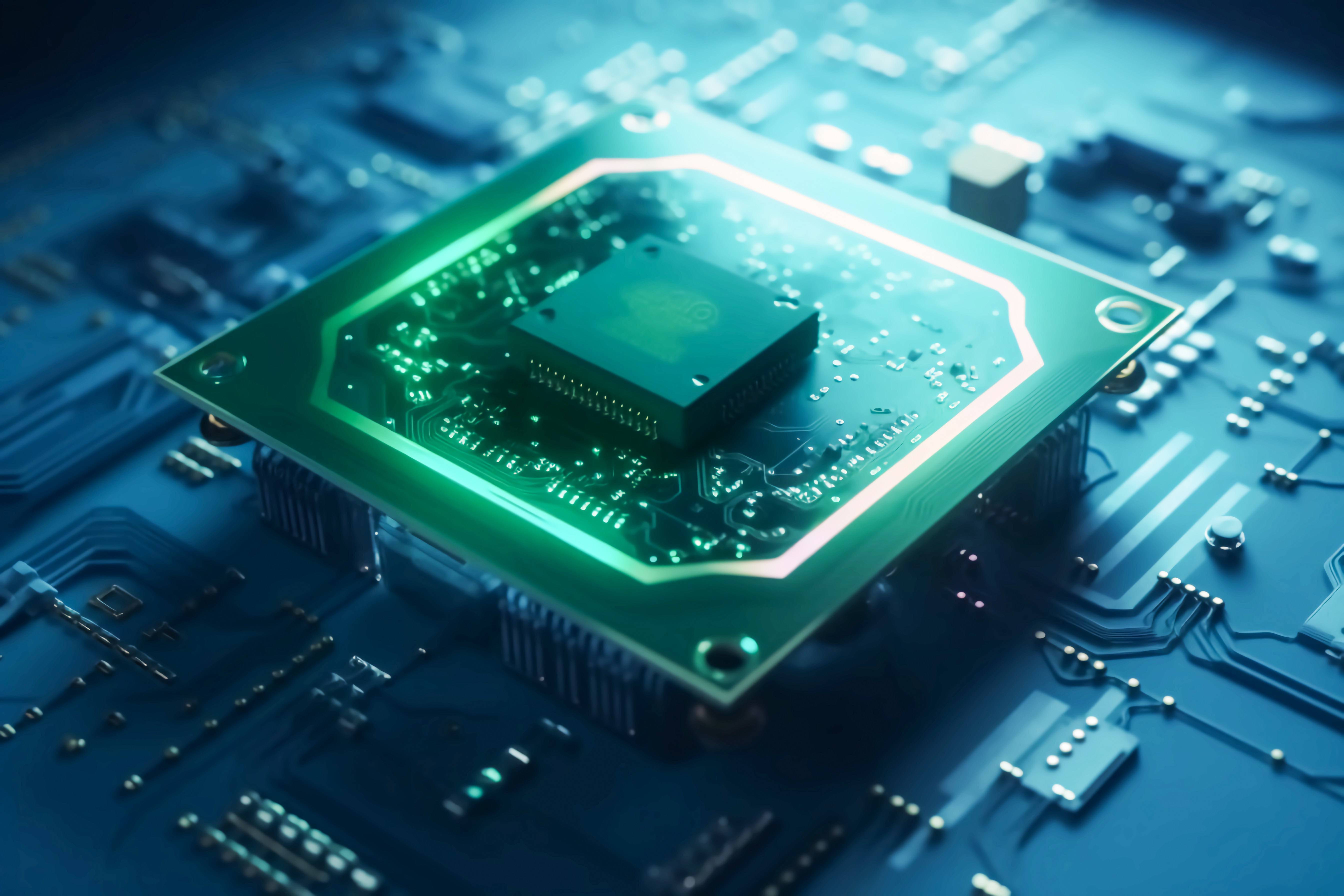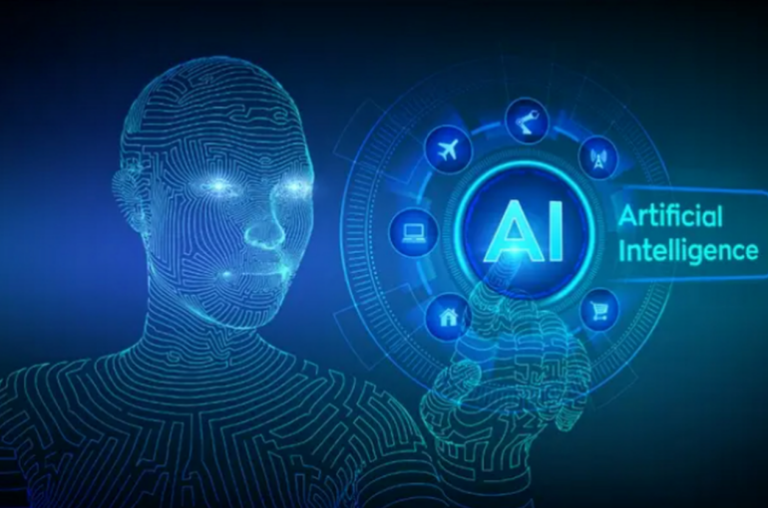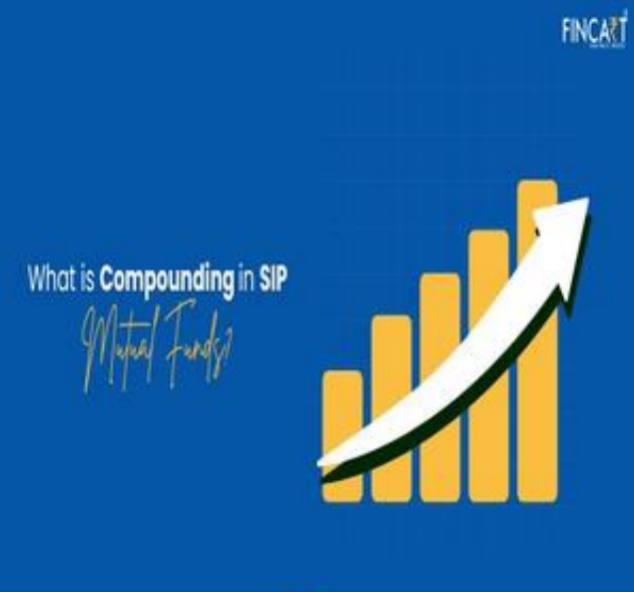In what seemed like a high-speed revolution in artificial intelligence, reality has emerged like a bucket of cold water poured over an excited crowd. The stock prices of the seven major tech giants have dropped by 22%, and the semiconductor industry has slipped to the bottom like stepping on a banana peel. Once hailed as "the light of tomorrow," artificial intelligence is now going through an awkward phase. Its story is still being told with flair, but the audience is dwindling, and the applause isn't quite as loud. Aside from a brief stir caused in January by a Chinese startup called DeepSeek, the AI wave hasn't swept the world as expected. Instead, it feels more like a summer picnic dampened by a sudden downpour.

This sense of "something feels off" is easy to understand. Just like with every emerging technology, most companies are watching the fireworks from a distance, beautiful, yes, but no one wants to be the first to run up and grab an unexploded firework. The most famous AI models right now, whether Chatgpt or Gemini, can already do quite a bit even in their free versions. A mid-sized company's IT manager, staring at the budget and reading news about a looming recession, sees these immature, expensive, and vaguely promising AI projects and naturally decides to hold back. What's more, many businesses haven't even figured out what AI could do for them. Everyone seems to be waiting for the wind to pick up, but for now, the breeze is light, and the rain is persistent.
Still, don’t be too quick to conclude. This may just be the "adolescence" of a growing technology. If you're well-versed in history, you'd realise that every world-changing technology has gone through similar low points. During these phases, investors lose confidence, and users lack motivation. It's like farmers planting in winter, knowing the seeds won't sprout yet, but also knowing that spring will eventually come. The emergence of DeepSeek shows that the future of AI may not need to be super complex to be useful; simple, affordable, and practical, small models might better suit the market's true appetite. This seemingly sluggish moment reminds us: AI won't instantly catapult every business to success. It's more like a slow, nonlinear friend, sometimes silent, sometimes singing loudly. Analysts remain optimistic, believing that this temporary lull is just the stage lights being readjusted; soon, the spotlight will shine on Al again. But caution is still needed. If the U.S. does enter several quarters of recession as some predict, the current calm among business owners might turn into indifference. At that point, Al's road to mainstream adoption could truly hit the brakes.

Behind all of this, there's a pressure point that never takes the stage: the U.S. dollar. On the global financial stage, it plays too many roles, like an actor juggling multiple characters. The issue is, if the audience begins to doubt whether the lead is still trustworthy, due to America's recent flip-flopping trade policies, capital might quietly exit, change venues, and start a new show in another currency.
In the end, Al isn't a rocket with an engine ready to launch tomorrow, nor is it the roaring start of an industrial revolution. It's more like a long-distance race with runners surging forward, falling behind, passing scenery, and stumbling into pits. The current slowdown isn't the end, but a moment to change shoes. If we zoom out, this is just another valley in the history of technological progress—— and beyond the valley often lies a higher peak.






